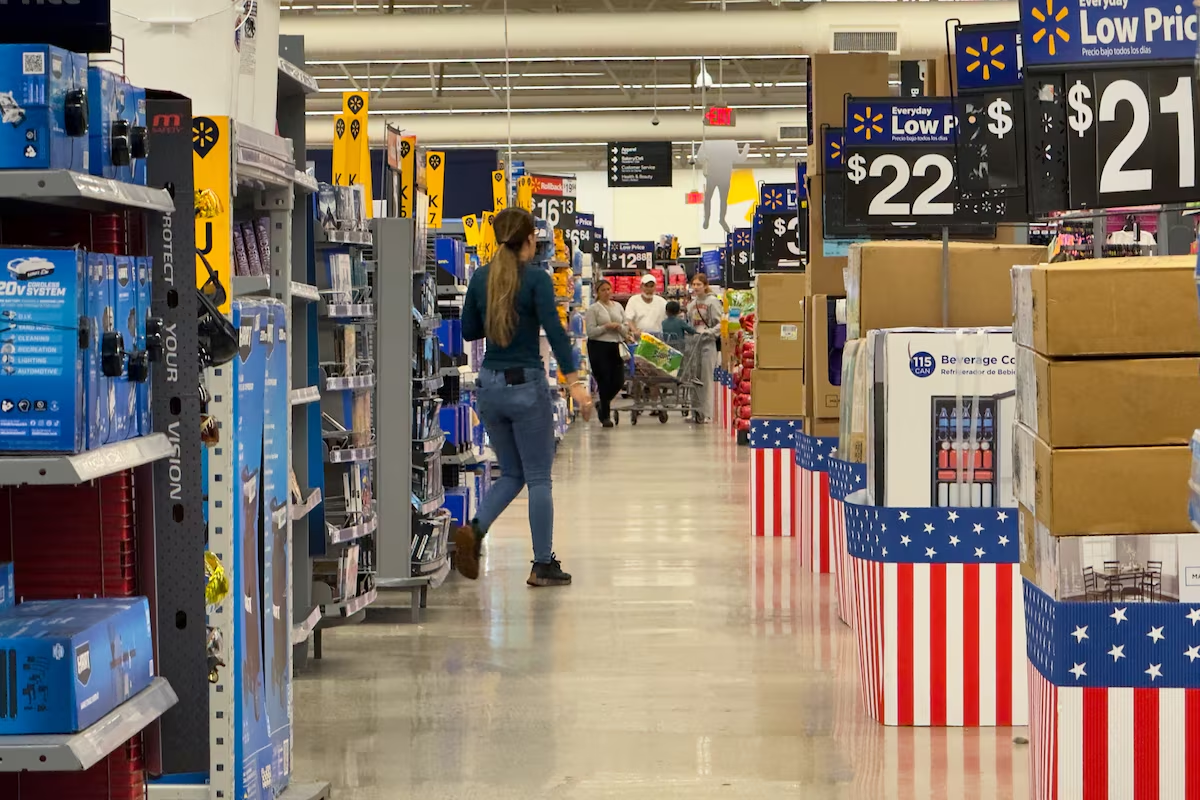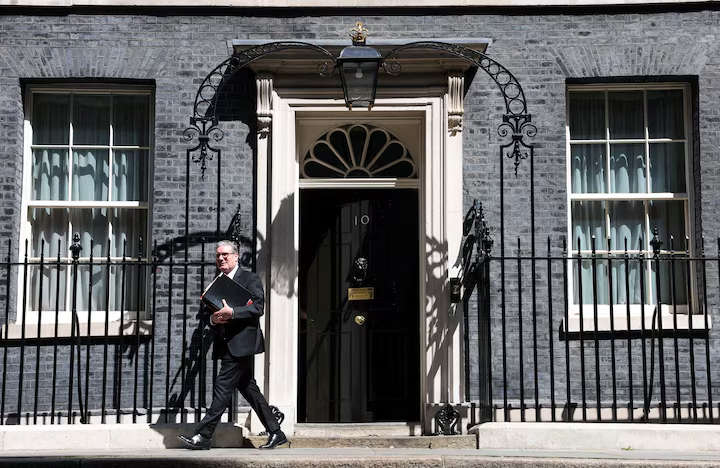Former U.S. President Donald Trump has publicly urged Walmart, the world’s largest retailer, to absorb the costs of proposed new tariffs on Chinese goods rather than passing them on to American consumers. His comments, delivered during a campaign rally and later reiterated in an interview, have sparked a wave of debate about the feasibility and consequences of such an economic strategy.
Trump, who is campaigning for a potential return to the presidency, has promised to reinstate and expand tariffs on imported goods from China if re-elected. The plan includes a proposed 60% tariff on all Chinese imports—a massive jump from the 25% rates imposed during his previous administration. While addressing supporters in Michigan, Trump accused American companies like Walmart of exploiting tariffs to justify price hikes rather than protecting consumers.
“Walmart is making billions. They should eat the tariffs—not the American people,” Trump declared. “If I’m back in the White House, companies like Walmart will be expected to put America first and stop passing the buck.”
The remarks drew immediate attention, particularly from economists and retail industry experts who questioned both the logic and practicality of Trump’s suggestion. Tariffs function as taxes on imported goods, and businesses typically either absorb the cost through reduced profits or pass it on to consumers via higher prices. Expecting a major retailer to absorb such a significant increase, analysts argue, could disrupt business operations and hurt the broader economy.
Retail experts say a 60% tariff on all Chinese imports could result in across-the-board cost increases on essential consumer goods, especially in categories such as electronics, clothing, furniture, and household goods—sectors in which Walmart and similar retailers depend heavily on Chinese suppliers.
“Trump’s proposal may appeal to voters frustrated with inflation, but economically, it’s unworkable,” said Megan Greene, global chief economist at the Kroll Institute. “No retailer, not even Walmart, can fully absorb those costs without cutting staff, reducing supply, or raising prices elsewhere.”
Walmart has not officially responded to Trump’s comments, but industry insiders suggest the company is closely monitoring the political rhetoric surrounding tariffs. The retail giant, which operates more than 4,600 stores in the U.S. alone, previously criticized tariff policies for their impact on pricing and supply chain stability.
Meanwhile, Trump’s proposal is being framed as part of a broader strategy to revive domestic manufacturing and reduce America’s dependence on Chinese goods. His campaign has characterized the tariffs as a tool to bring production back to the U.S. and punish what he describes as “China’s predatory trade behavior.”
Supporters of the plan argue that tough measures are necessary to level the playing field. “We can’t let China flood our markets with cheap goods while stealing our technology,” said Senator Josh Hawley, a vocal advocate of Trump’s trade agenda. “Tariffs are leverage—and we need to use it.”
But critics, including many economists and moderate Republicans, warn that broad tariffs could have serious unintended consequences, including higher inflation, weakened consumer demand, and strained trade relations with key partners. Some also question the legality and long-term viability of unilateral tariff imposition without congressional approval.
In Washington, Democratic leaders dismissed Trump’s statements as “reckless populism.” Senate Majority Leader Chuck Schumer accused the former president of peddling “economic fantasies” and warned that Americans would be the ones to pay the price if such tariffs were implemented.
The renewed tariff debate comes at a time when inflation remains a top concern for voters. Though price increases have slowed compared to 2022 and 2023 levels, food, housing, and essential goods still cost significantly more than they did before the pandemic. Trump’s push to frame tariffs as a solution taps into this frustration, but it remains unclear how the business community will react to his pressure campaign.
As the election season intensifies, Trump’s challenge to Walmart may set the tone for a new phase in the trade war rhetoric—one that pits corporate giants against populist economic messaging. Whether this strategy resonates with voters, or backfires among retail-dependent constituencies, will become evident in the months ahead.
Source: Reuters



